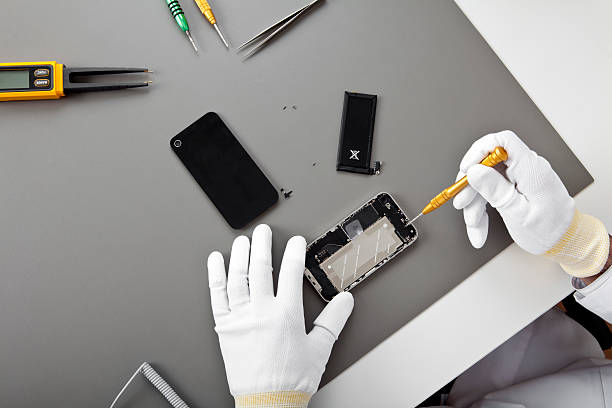
DIY Repairs vs. Professional Repairs
Both professional repairs and DIY (Do It Yourself) repairs have benefits and drawbacks. The decision between the two is influenced by a number of variables, such as the type of repair, your knowledge and expertise, the equipment and resources at your disposal, and your own tastes. Here is a comparison between do-it-yourself and expert repairs:
DIY Maintenance:
Advantages:
Savings: Since you won’t be paying for expert labor, DIY repairs are frequently less expensive. You simply need to buy supplies or components.
Learning Possibility: Performing DIY repairs may be a terrific opportunity to pick up new skills and understand how things operate.
Convenience: You don’t have to wait for a professional to become available; you can work on your own time.
Empowerment: Making repairs on your own might make you feel successful and independent.
Disadvantages:
Lack of Experience: DIY repairs can go wrong if you don’t have the essential skills and expertise, which might make the situation worse or jeopardize your safety.
Time-consuming: Do-it-yourself repairs frequently need more time, especially if you’re learning as you go.
Safety risks: If repairs like electrical or structural work aren’t done properly, they might be dangerous.
Lack of guarantee: Most DIY repairs are performed without a guarantee, and if you make a mistake, you could have to pay more to get it fixed.
Professional Repairs:
Advantages:
Expertise: Experts are equipped with the knowledge and experience necessary to accurately identify issues and implement effective solutions.
Time-saving: By doing repairs far more quickly than do-it-yourselfers, professionals can save downtime.
Safety: Experts are trained to handle potentially dangerous circumstances, such as plumbing or electrical problems, with safety in mind.
Warranty: Professional repairs sometimes include guarantees to guarantee that the work is completed to a specified quality.
Disadvantages:
Cost: Because you must pay for their work and knowledge, hiring a professional may be more expensive.
Lack of Control: You may need to wait for the professional to become available while you have less control over the repair procedure.
Limited Learning Opportunity: Compared to DIY fixes, you don’t get the same degree of practical experience and understanding.
Quality Varies: Depending on the knowledge and moral character of the service provider, the quality of professional repairs may differ.
In conclusion, the decision between DIY repairs and professional repairs relies on the particular circumstance as well as your own preferences and skills. DIY repairs might be an excellent choice when dealing with modest, straightforward chores or when you’re eager to learn. However, it’s frequently advisable to engage a professional for difficult or possibly risky repairs, or when you want a dependable and quick answer. Always take into account your own degree of expertise and the type of repair when making this choice, and don’t be afraid to seek advice from professionals if you’re unsure of the best course of action.
